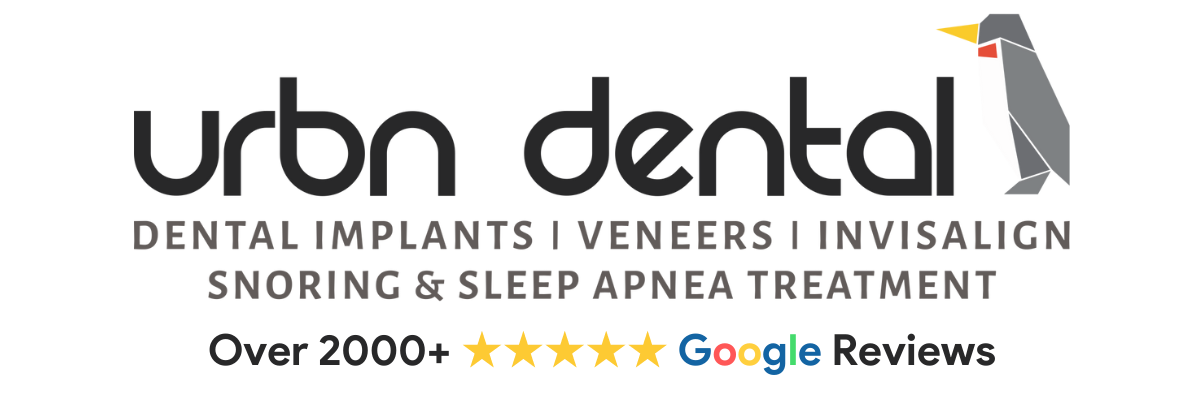In This Article
Dental decay, gum disease, fractured teeth, and knocked-out teeth are some of the most common dental emergencies. While optimal oral hygiene and preventive dentistry are essential, dental emergencies can still occur without prior warning. You may have a dental emergency due to a sports injury or accident. When a dental emergency strikes, you must contact your nearest emergency dentist to prevent the condition from worsening.
However, you must understand what does or doesn’t count as a dental emergency. You should only contact emergency dentists during actual dental emergencies and not for situations that can wait for treatment. Dental emergencies are situations wherein you need emergency dental care within a few hours or minutes to prevent long-term complications. For example, a knocked-out tooth is a dental emergency because the tooth can only be saved if you act fast.
Below, we provide an overview of the most common dental emergencies.
1. Severe Toothaches
Toothaches can indicate numerous things. It can be something as simple as food stuck between your teeth, or it can be more sinister — a dental abscess or severe fracture. When you experience a toothache, you should floss your teeth to remove food items that may be stuck. You should also apply a cold compress and use home remedies to alleviate the discomfort. If the toothache persists or worsens, you must contact an emergency dentist because it may indicate severe dental problems, like deep cavities, infections, or dental abscesses.
2. Fractured Teeth
You may have a fractured tooth due to injuries, accidents, trauma, biting down on hard objects, or grinding/ clenching. Minor dental cracks on the surface enamel don’t require emergency dental care — you can wait for regular dental clinic hours. However, if the dental fracture is severe, i.e., the crack goes under the gum line, you may need emergency dental care without delay. If you don’t act quickly, the fractured tooth may be impossible to save, and you may need a dental extraction.
3. Knocked-Out Tooth
A knocked-out tooth is the most obvious dental emergency. If your tooth is knocked out of the socket with the root intact, you can still reattach the tooth if you act quickly. You should pick the tooth up by the crown, rinse it clean without scrubbing the roots, and place it in an airtight container with milk, warm salt water, or saliva. The dentist can possibly reattach the tooth if the root cells are alive and you’re fast. The longer you delay, the lower the chance of reattachment.
4. Dental Abscess
A dental abscess is an infection in the mouth close to the root of a tooth or in the space between the teeth and gums. This is an extremely serious condition that can lead to complete tooth loss, and the infection can also spread to other parts of the body. If left untreated, dental abscesses can be potentially life-threatening. You must schedule an emergency dental appointment when you identify the initial warning signs of a dental abscess, such as a pimple-like cyst or a metallic taste in your mouth.
5. Severe Bleeding
You must contact a local emergency dentist if you experience severe bleeding from your gums or other soft tissues. If your gums bleed while brushing, you may have severe gum disease or periodontitis, necessitating immediate treatment. However, you should also contact an emergency dentist if your tongue, cheeks, or lips are bleeding. Before going to the dentist, you should use first-aid options to stop the bleeding. You should also contact an emergency dentist if your bleeding persists several hours after tooth extraction.
How to prevent a dental emergency?
- Brush and floss your teeth regularly to prevent plaque-tartar accumulation.
- Rinse your mouth with an antibacterial mouthwash to prevent bacterial infections.
- Go for regular dental cleanings and checkups to identify potential cavities and infections.
- Don’t bite hard objects like pencil nibs, ice cubes, and walnut shells.
- Wear a night guard while sleeping to prevent the damage caused by bruxism.
- Wear a mouthguard while playing sports to prevent dental injuries.
Who should I call first if I need emergency dental treatment right away?
You should call your nearest emergency dentist if you need emergency dental treatment right away. You should have your emergency dentist’s number on speed dial so you can call them without delay. The emergency dentist will listen to your concerns, offer first aid tips, and ask you to visit the emergency dental office immediately.
How can I control tooth pain on the way to my appointment?
You can control toothaches on the way to your appointment by taking over-the-counter pain medications.
Is it safe to visit a dentist during the COVID-19 lockdown?
It’s safe to visit a dentist during the COVID-19 lockdown if you take all necessary precautions and ensure the dental clinic is also following the best practices. It’s especially important to visit dental clinics if you need emergency dental care since emergencies can’t wait.
What happens at our emergency dentist’s office?
At the emergency dentist’s office, the emergency dentist will examine your teeth and oral tissues, discuss your concerns, and provide immediate treatments. If you have a knocked-out tooth, the dentist will perform oral surgery to reattach the tooth, if possible. If you have severe bleeding or infections, the dentist will stop the bleeding and provide antibiantibioticsotics to control the infection. Each dental emergency is treated individually.
Where can I find the nearest emergency dentist in Houston, TX?
You can find the nearest emergency dentist in URBN Dental Uptown or Midtown Houston, TX. The Uptown dentist is located between River Oaks District and Highland Village, and the Midtown dentist is located between Downtown Houston and the Texas Medical Center. For more information, please schedule an appointment at your nearest emergency dentist in Houston, TX.

